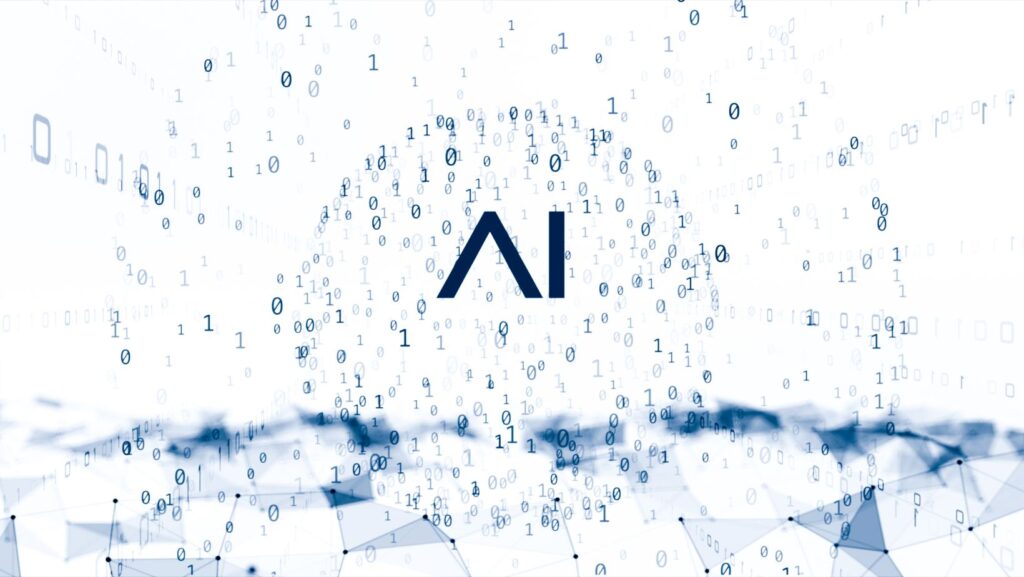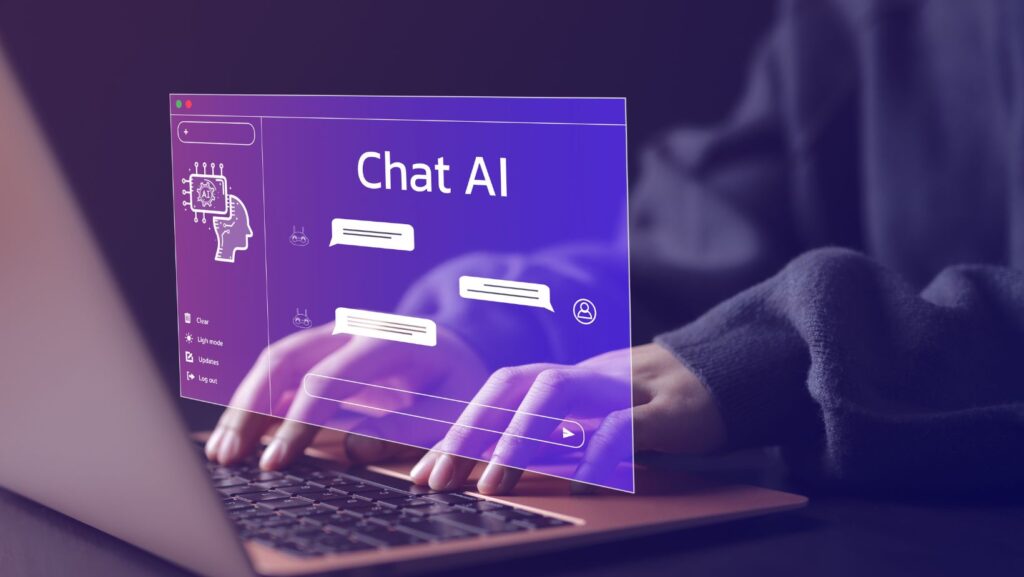Introduction to Artificial intelligence, or AI, has revolutionized the way we interact with technology and machines. As an expert in the field, I’ve delved deep into the world of AI to uncover the key challenges that come with this cutting-edge technology. From data privacy concerns to ethical dilemmas, AI presents a myriad of obstacles that must be navigated with precision and care.
In this article, I’ll be sharing my insights on the key challenges of Introduction to artificial intelligence and how they impact our society and everyday lives. Join me as we explore the complexities of AI and unravel the mysteries behind this powerful technology. Let’s dive into the world of artificial intelligence and discover the hurdles that must be overcome to harness its full potential.
Introduction to Artificial Intelligence
Artificial Intelligence, or AI, refers to the simulation of human intelligence processes by machines, particularly computer systems. It involves the development of algorithms that enable machines to perform tasks that typically require human intelligence, such as learning, reasoning, problem-solving, and perception.
One key concept in AI is machine learning, where machines learn from vast amounts of data to improve their performance without being explicitly programmed. This ability to learn from data is what sets AI apart from traditional technologies.
Data Privacy Concerns in AI
When it comes to AI, one of the key challenges that cannot be overlooked is data privacy. As I dive deeper into the realm of Introduction to artificial intelligence, I cannot stress enough the importance of safeguarding personal data from unauthorized access or misuse.
In this digital age, where data is considered the new oil, ensuring that personal information is protected is paramount. As AI algorithms become more complex and refined, the risk of data breaches also increases. It’s crucial to establish robust security measures to prevent potential leaks that could have serious repercussions.

Ethical Dilemmas of Artificial Intelligence
When delving into the realm of artificial intelligence, it’s crucial to navigate the ethical dilemmas that arise amidst the rapid advancements in technology. AI systems have the potential to perpetuate biases present in the data they are trained on, raising concerns about fairness and discrimination. As an AI enthusiast, it’s imperative to address these issues by ensuring unbiased, diverse datasets and transparent algorithms.
Moreover, the increasing autonomy of AI systems gives rise to questions of accountability and responsibility. Who is liable when an AI makes a harmful decision? These ethical quandaries underscore the need for clear guidelines and regulations to govern the development and deployment of AI technologies. As I explore the expansive capabilities of artificial intelligence, I remain vigilant about upholding ethical standards and promoting responsible AI innovation.
Impact of AI Challenges on Society
When we consider the impact of AI challenges on society, it becomes evident that the decisions and implementations in this field have far-reaching consequences. One of the primary challenges is the potential for algorithmic biases in AI systems, which can perpetuate discrimination and inequality. These biases can lead to unfair treatment of certain groups and individuals, affecting their opportunities and outcomes.
Moreover, the lack of transparency in AI algorithms poses a significant risk to society. Without clear visibility into how these systems make decisions, it is challenging to ensure accountability and address any errors or biases that may arise. This lack of transparency can erode trust in AI technologies and hinder their widespread adoption.

Overcoming Hurdles in Artificial Intelligence
When delving into the realm of Introduction to Artificial Intelligence, it’s crucial to acknowledge the hurdles that come with its rapid advancement. From algorithmic biases to privacy concerns, the challenges can be daunting. Transparency becomes paramount in combating these obstacles. By ensuring that AI algorithms are transparent and explainable, we can address issues of discrimination and hold technology accountable for its decisions.
One key area where overcoming hurdles is essential is in healthcare. The integration of AI in healthcare systems brings immense benefits but also raises ethical dilemmas. Balancing innovation with patient privacy and data security is vital for the successful deployment of AI in this sector. As healthcare providers, we must navigate these challenges with caution and responsibility.



